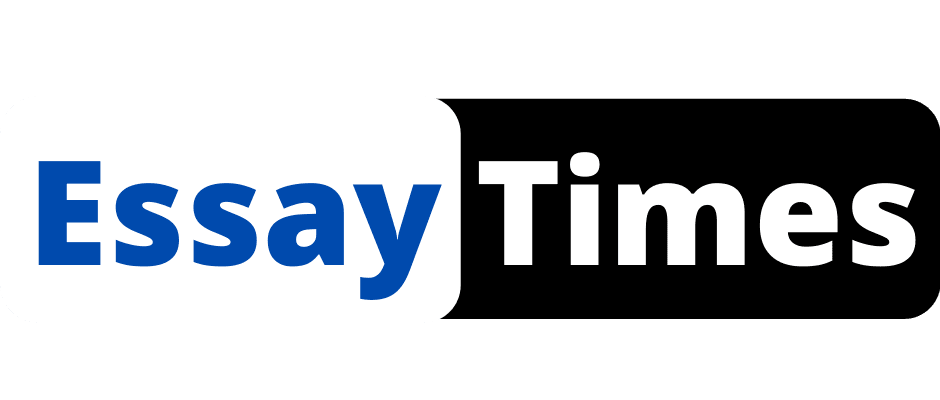Formal Letters in IELTS
The purpose of a formal letter is to communicate with someone in a respectful manner while also remaining professional.
Formal letters are written for many purposes, but the main idea behind them is communication. A formal letter should be concise and easy to read, while still being clear.
Elements of a Formal IELTS Letter
There are many ways to write formal letters, but it is very important for you to know the right format for writing a formal letter. Here is the standard formal letter structure:
- Start with a greeting like (Dear sir/madam, Dear Andy, Dear Mrs. Williams)
- Then comes the letter body with several paragraphs.
- Start the first paragraph with phrases such as, ‘I am writing this letter with regard to…’, ‘I am writing to bring to your attention…’, ‘I am writing to inform you that…’, ‘I am writing to express my dissatisfaction with…..‘ etc.
- Write the reason for writing the letter.
- Add your name and professional information.
- Add suporting details in the next paragraphs.
- Write a conclusion paragraph with sentences like ‘I look forward to hearing from you.’, ‘I look forward to receiving your response.’, ‘I await your prompt service.’, ‘I thank you for your consideration.’, ‘Please respond at the earliest convenience.’ etc.
- End the letter with a closing like ‘Yours sincerely’, ‘Yours faithfully’, ‘Best wishes’, ‘Kind regards’, etc. And your full name.
Important tips to keep in mind
- Understanding the question and instructions
- Use appropriate language,
- Longer sentences should be in passive language (be + past participle).
- Proofread it several times, and you will be sure that it is perfect.
- Use formal vocabulary (e.g. ‘furthermore’ instead of “and”; ‘purchase’ instead of ‘buy’ etc. )
- Practice as much as you can before the exam.
Some common types of formal letters
- Letter of complaint (e.g. personal, business, recent, experience, product)
- Letter of enquiry (e.g. information request, booking)
- Letter of suggestion (e.g. suggesting ideas, plans, solutions)
- Letter of request (e.g. refund, repair, advice, reservation)
- Letter of recommendation (e.g. job, colleague)
- Letter for marketing (e.g. to the client, business owner)
